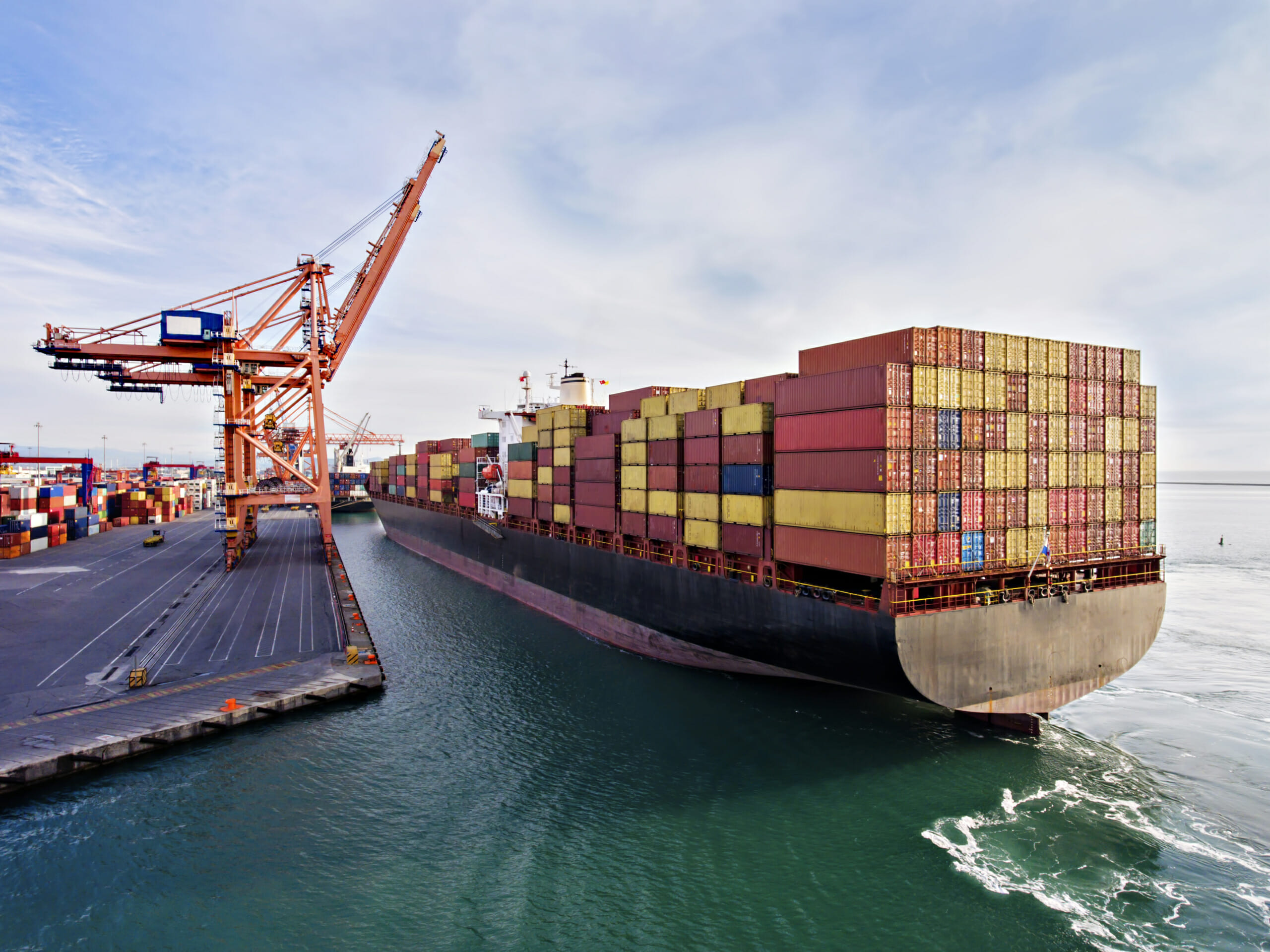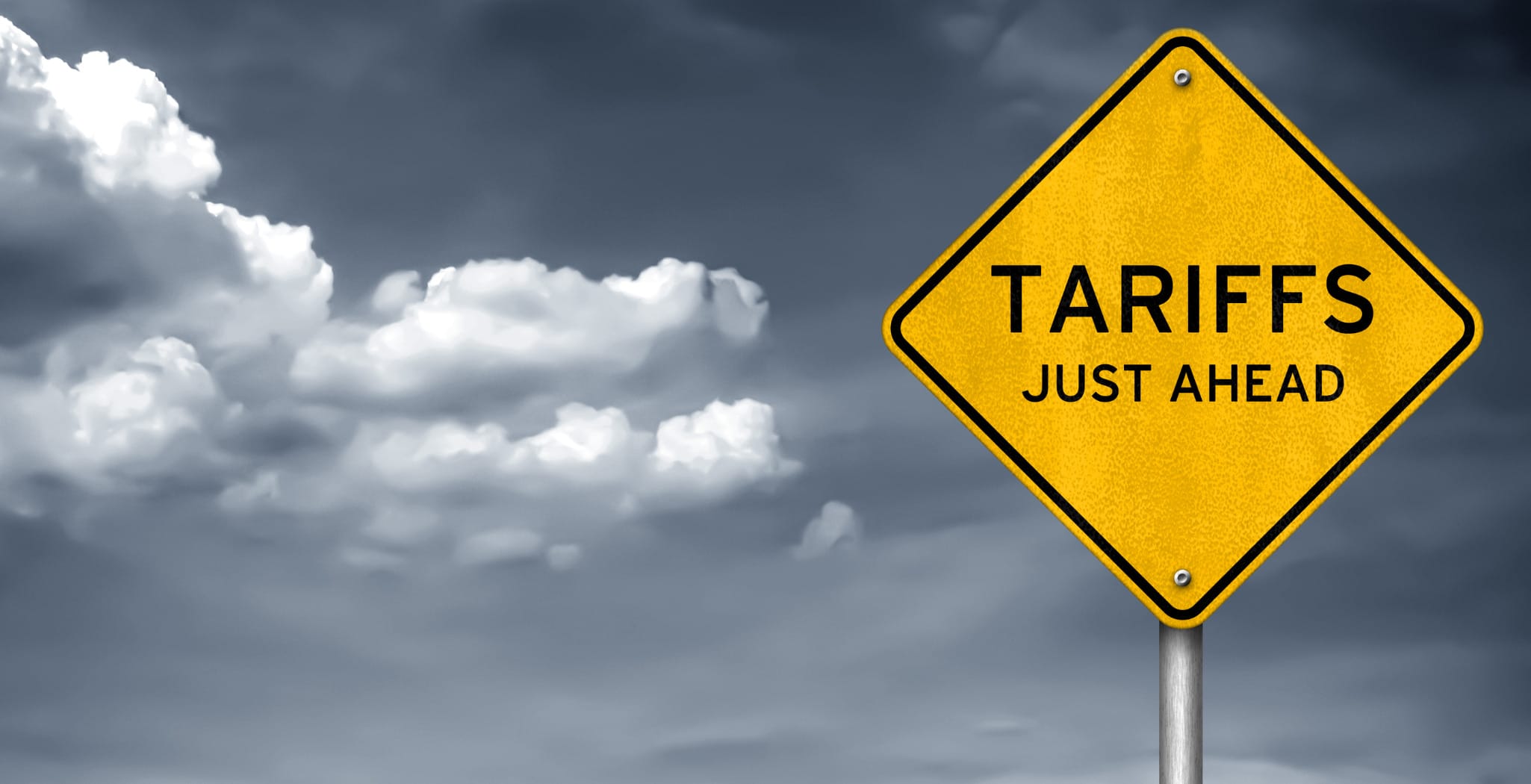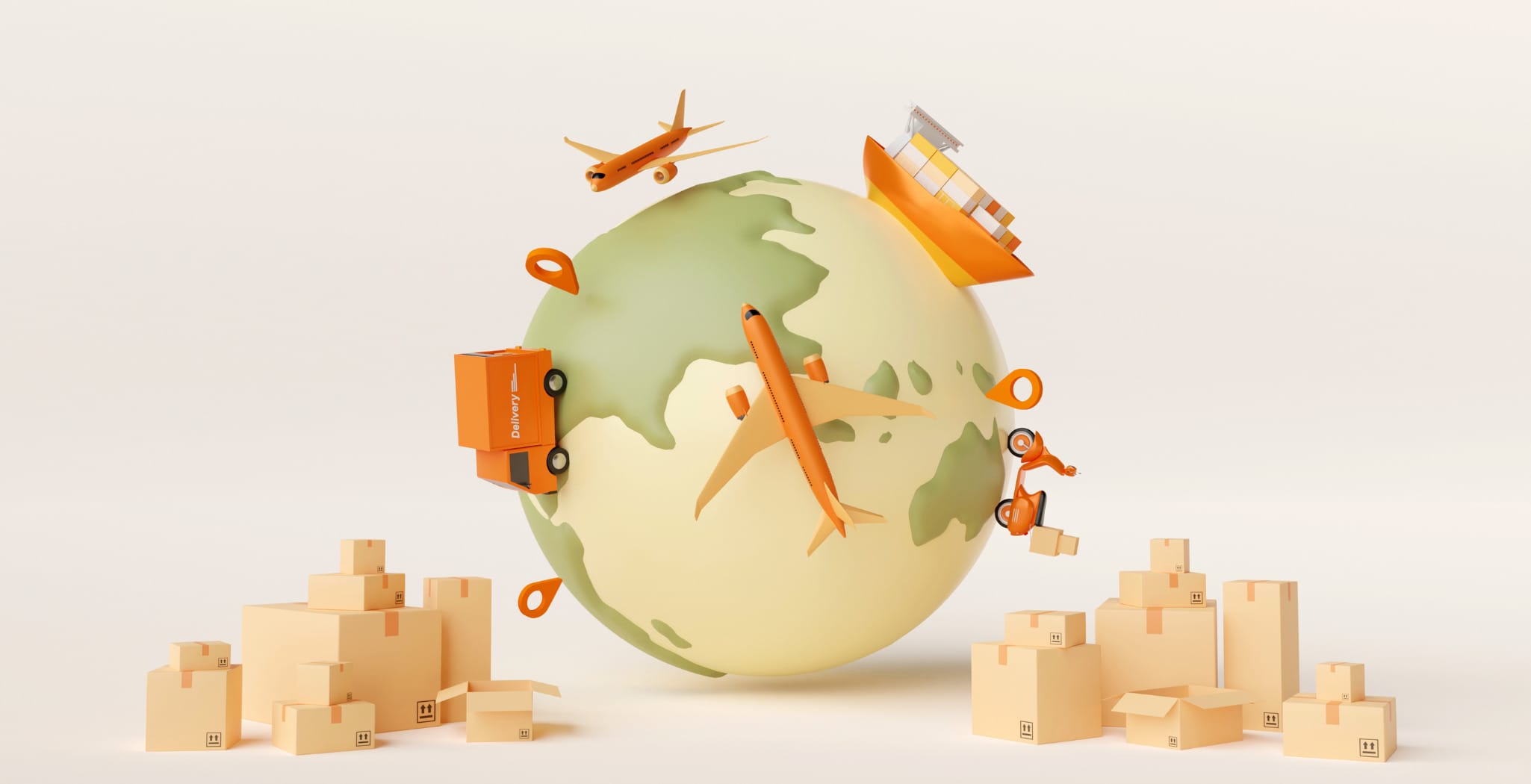
Many large corporations rely on offshore manufacturing to improve operations by shifting production to large factories capable of making hundreds of thousands of products in a single day. It can have a significant impact on the final cost of the product and profitability. Choosing to move toward offshore manufacturing is just the first part of the process.
Companies can face challenges when it operates from one country and manufactures its products in another. Working with a sourcing partner with experience in offshore manufacturing, you can ensure that you maintain smooth production processes and deliver quality products to customers. Here are five reasons why it is a smart idea to choose a sourcing partner for your company’s offshore manufacturing operations.
1. Quality Control
Quality control is one of the most important aspects of offshore manufacturing. The products are a reflection of your company, no matter where items are manufactured. Any defects can create problems such as returns, lost faith in your company from customers, and potential product recalls. Effective quality control requires consistent adherence to outlined processes and established quality assurance processes. Sourcing partners have many ongoing interactions with offshore manufacturers and can let you know what QA standards or protocols are already in place.
2. Tariff Navigation Experience
Managing the customs and international tariffs processes require knowledge and experience to limit unnecessary delays or fees. Working with a reputable sourcing partner can help to smooth out what could otherwise be a frustrating and overwhelming process. It will ensure that all required paperwork is properly filled out and that you have what you need to minimize financial liability.
3. Local Representatives
Only relying on reports and feedback from the offshore manufacturing factory can make it difficult to really have an objective view of how operations are going. Having local representatives available in India, China, Malaysia, Vietnam, Indonesia, or Thailand to advocate for your company on its behalf is critical in maintaining effective communication and surveillance of offshore manufacturing sites. Your sourcing partner can serve as your local representative and help promote transparency and quality throughout all operations.
4. Factory Audits
Ideally, every offshore manufacturing operation would be required to undergo two different types of audits: scheduled audits and random audits. Scheduled factory audits provide important checks and balances for daily operations while setting the expectation that the processes and conditions will be evaluated regularly. However, random factory audits can reveal much more information about what happens onsite with the production of your company’s products. By working with a sourcing partner, you can feel confident that all the factories you work with comply and pass international regulations and your company’s unique requirements.
5. Supply Chain Optimization
Transitioning from a local manufacturing plant to offshore manufacturing will come with its share of unexpected costs and mishaps, including delays in shipping times, added costs, and other logistics challenges. Your offshore manufacturing sourcing partner can help you create a plan for supply chain optimization using their knowledge of working with other companies that successfully managed to do the same thing.
While the process of getting started with offshore manufacturing may seem overwhelming and come with its own set of challenges, finding the right sourcing partner can make a huge difference with decades worth of experience and access to resources. You can simply avoid many common pain points of offshore manufacturing by working with an experienced sourcing partner. Contact Baysource Global by calling our office at (813) 251-4184 to discuss how our experience managing complex offshore manufacturing operations can help your company make the transition to overseas production.
Contact Us






Follow Us